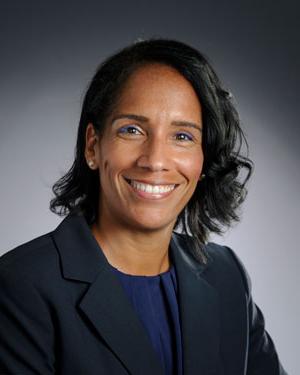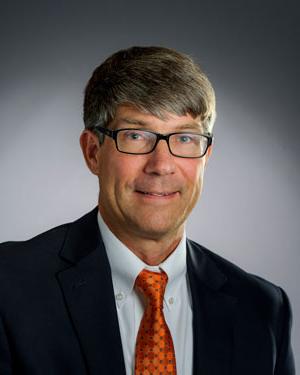Grades 9 - 12
Our dedicated teachers challenge students in grades 9 through 12 to think critically, creatively solve problems, appreciate the arts, communicate effectively, collaborate with peers, respect individual differences, and play competitively.
Curriculum
The Upper School curriculum is based on a course of study essential to a quality college preparatory education, along with elective courses designed to broaden and deepen the students' academic experiences. Diploma requirements are specifically established to provide each student with an education that combines breadth, depth, and flexibility.
All Providence Day School students embrace a global mindset. Our global curriculum and a Global Studies Diploma program prepare students for today's highly interconnected world. Students in the Global Studies Diploma program take courses in international relations, select from a number of related electives, attend a variety of multicultural events, receive leadership training, and have the opportunity for international travel.
Course offerings include:
|
Arts
22 courses, including 2 APs
|
Math
18 courses, including 4 APs |
Computer Science
9 courses, including 2 APs |
Science
19 courses, including 5 APs and 3 STEM courses |
English
17 courses, including 2 APs |
Physical Education
8 courses, including life fitness, dancercise, and international games |
History
27 courses, including 8 APs and 12 Global Studies |
World Language
38 courses in French, German, Latin, Spanish, and Mandarin Chinese, including 5 APs |

.jpg)



